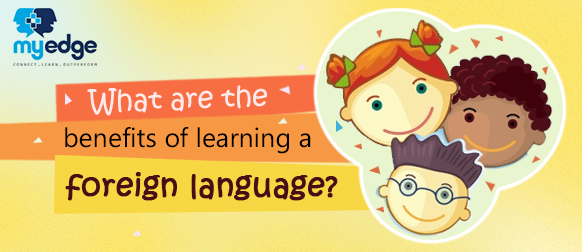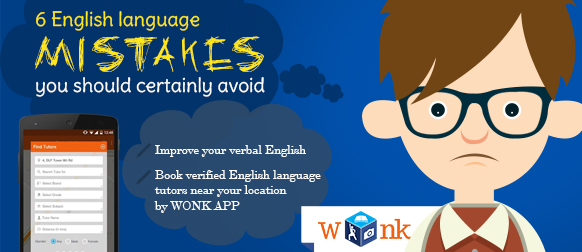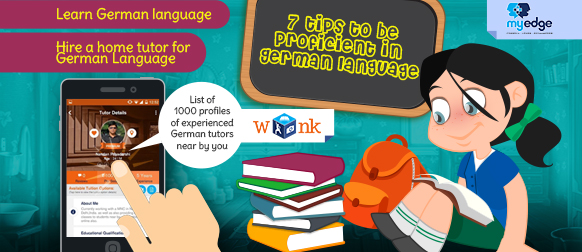What are the benefits of learning a foreign language?
Learning a foreign language has always been a rewarding experience. Irrespective of demographics, people of all age groups love to learn new languages because it is a fascinating experience to understand other cultures & civilizations. Children and young students specially find the entire experience unusually adventurous.
Most children intuitively are more adaptive towards learning new languages than adults. It is a joy to hear new words, accents, phrases been mouthed by children when they learn a new foreign language. Here are the most plausible benefits of learning a new tongue:
- As per conclusive research, a large percentage of children achieve higher test scores and perform better academically when they study a new foreign language. The monolingual peers more often than not score less in critical reading sections than children who learn an additional language. Learning a new language enables students to be more efficient through increase in brain power.
- Such children also develop astounding reading skills that are far higher than the usual reading abilities of school goers. In a study conducted by York University in 2014, bilingual children had an edge over their national counterparts when it came to the ability to read and do well. Aged 5 to 18 years, these children did much better than most others in the same age group from a singular language background. Insights and experiences of these children improved with learning an additional language that is not part of their native culture.
- Choosing a new foreign language to learn also enabled the child to appreciate international music and culture, arts and literature of other countries. A lot of children often use learning new languages as the first step towards getting to know about another country which they possibly might visit in the future for pursuing academic or employment opportunities.
- Language is often an asset which proves its worth much later in life. Many job offers and universities stress on an additional language proficiency. Its knowledge helps in boosting the resume in the long run and also develops confidence & pragmatism. Foreign universities and colleges often stress on taking in students that have an additional proficiency in a foreign language. The study abroad options thus increase creating better opportunities for students.
- Finally, such children grow up to be much more confident and attuned to the differences in tone and sound of the foreign speakers. When researchers from UCLA and the University of Hong Kong, first conducted a study where young children were exposed to a new language spoken by a native, many of them started speaking smoothly and confidently better than natives in terms of intonation and imitation of tones.
Most languages offer a varied world view with differing cultures and peoples. In case you want to learn a new language from private tutors in the comfort of your home, then download install the WONK Mobile application from Google PlayStore and start browsing through profiles of the best language tutors. You are sure to hit a gold mine of options!






